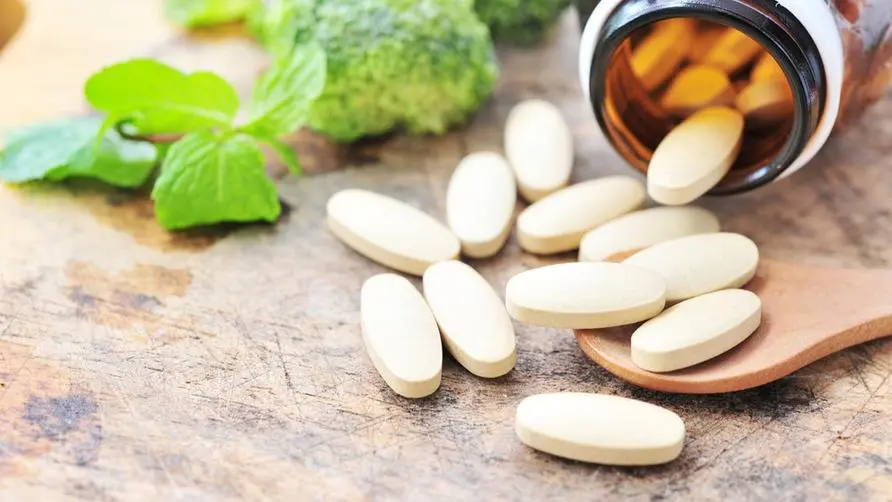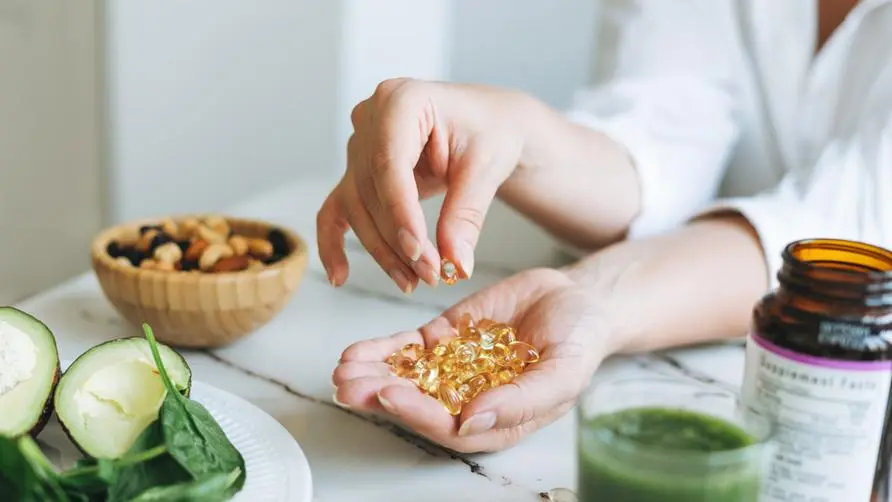Did you get crazy sick as soon as the epidemic hit? Nutritionist's advice: Eat all "4 kinds of nutrients" to build up your second immune system

With the recent resurgence of the COVID-19 epidemic, medical institutions have begun to be overcrowded again. Do you feel like you are always getting sick and your resistance is getting worse every year? It is very likely that something is wrong with your “intestinal environment”! The intestinal mucosa is the first line of defense against bacterial invasion; however, with age, improper diet and other factors, the intestinal mucosa may become inflamed and damaged, allowing bacteria to take advantage of it. Chronic inflammation may even lead to intestinal cancer!
Did you get crazy sick as soon as the epidemic hit? Eat enough probiotics quickly to develop your “second immune system”
Therefore, learning to protect the intestinal mucosa is to help the immune system build “defenses” to prevent the invasion of foreign bacteria. Among them, “probiotics” play a vital role in intestinal health, because probiotics can utilize water-soluble dietary fiber in the diet to produce short-chain fatty acids (SCFAs), which are an important source of energy for intestinal mucosal cells and help Repair and maintain the integrity of the intestinal mucosa, thereby reducing the chance of bacterial invasion.
In addition, probiotics can not only inhibit the inflammatory factors produced by bad bacteria, but also stimulate the secretion of hormones in the intestine to activate immune cells, enhance the immune system’s ability to recognize and engulf pathogens, and enhance the body’s protection. Don’t think that probiotics can only be supplemented through health products. You can also supplement probiotics and promote intestinal health through the following foods in your diet:
Yogurt: Contains lactic acid bacteria and bifidobacteria. It is recommended to choose sugar-free products as a supplement.
Kimchi: It is a naturally fermented food that contains lactobacilli that are beneficial to the intestines.
Miso: It is made by fermenting soybeans, sake koji, salt and rice. You can usually add stock to make miso soup for drinking.
Natto: Fermented by Natto bacteria, it can be eaten alone or with rice.
Not only taking care of the intestines, but also activating immunity. In addition to probiotics, you should also eat more of these foods.
In addition to probiotics, people should also take other nutrients that can maintain intestinal health, especially the following three:
Dietary fiber. It is an important nutritional source of probiotics and can stimulate intestinal peristalsis and inhibit the growth of bad bacteria. Representative foods include cruciferous vegetables such as oats, brown rice, pumpkin, potatoes, sweet potatoes, soybeans, soybeans, and broccoli, as well as fruits such as apples, kiwis, and bananas.
Vitamin E. It has antioxidant and anti-inflammatory effects and is related to the secretion of short-chain fatty acids by intestinal flora, which can help improve intestinal health. According to surveys, Taiwanese people’s vitamin E intake is generally insufficient. Representative foods include nuts (almonds, sunflower seeds, sesame seeds, pine nuts, etc.); dark green vegetables (broccoli, spinach, rape, etc.) and fish rich in DHA and EPA (such as salmon, mackerel).
Magnesium. As an important mineral involved in human metabolism, it can stimulate the growth of probiotics and activate immune cells; deficiency will change the intestinal flora and affect brain physiological functions. Representative foods include whole grains (wheat, oats, barley, quinoa, buckwheat); nuts; dark green vegetables (kale, spinach, mustard greens, etc.) and fish (especially fatty salmon and mackerel).
In general, if you want to maintain intestinal health, it is recommended to consume nutrients that can help the growth of probiotics, or directly supplement probiotics to adjust the flora ecology in the body. If the intestines and stomach are taken care of well, it means that the “second immune system” will also be improved, which can help everyone keep their “intestinal” healthy in the post-epidemic era, so as not to have to wear a mask and see a doctor when the epidemic strikes!
Extended reading:





